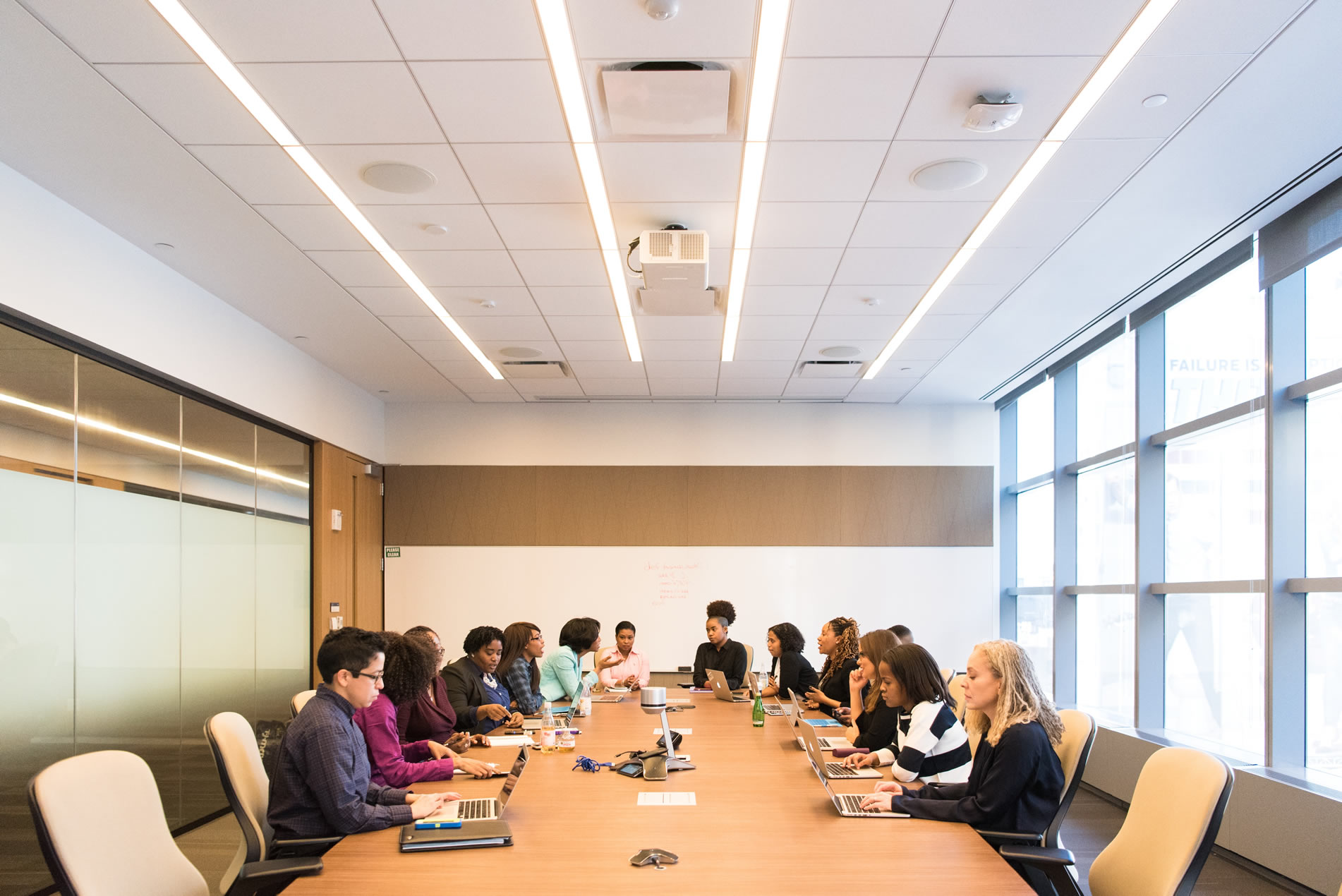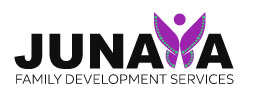MENTAL HEALTH & WELLBEING WORKSHOPS FOR BUSINESS
Build Resilience to Workplace Stress and Burnout
Workplace stress resilience and mental health training matters. Even for a small business with ten employees, stress can add up to more than more than a month in lost productivity.
One in five Australian employees report they have taken time off work due to feeling mentally unwell – stressed, anxious, depressed or mentally unhealthy in the past 12 months. A mentally healthy workplace, increases engagement and productivity, reduces absenteeism and lowers stress.
Recognising signs of work-related stress as early as possible has a transformative effect on mental health outcomes. Early identification isn’t merely a proactive step; it serves as a cornerstone for establishing a culture of mental wellbeing in any workplace.
How can businesses respond to the challenges of stress and burnout in a way that boosts wellbeing and collaboration through neuroinclusion? Do neurodivergent workers experience mental health differently? Do they need different supports? We created a range of training workshops, eLearning programs and presentations for workplaces to help answer these questions.
Mental wellbeing programs are one of the simplest ways to start the converstation around neurodiversity. Effective mental wellbeing programs recognising that every person, whether neurotypical or neurodiverse needs individual support. Trans-diagnostic programs that can be readily adapted to meet the unique needs of both employees and a workplace are crucial.

Preventative Mental Health Programs for Business
Why is Early Identification so Critical?
When stressors are identified promptly, a range of evidence-based interventions can be mobilised in the workplace. These may include stress management training, cognitive behavioural therapy (CBT) techniques, or even simple workload adjustments. The sooner these interventions are put in place, the more likely it is that the strategy will prevent a mental health condition from arising, or prevent an existing condition from getting worse. Let’s look at some examples:
Employee Burnout: We know that nearly half of Australian staff report experiencing burnout. Where stress tends to bring feelings of urgency and increased anxiety, burnout tends to bring feelings of helplessness and hopelessness. Knowing how to spot the early signs of burnout means being aware of red flags such as increased irritability, emotional dysregulation, frequent absence, or diminished productivity. Early identification can allow for immediate action, such as redistributing workload, offering time off, or stress management training. Without early intervention the risk for the employee and the business is full-blown burnout.
Anxiety Disorders: If an employee begins showing signs of work-related anxiety- excessive worry about deadlines or perfectionism that gets in the way of productivity, for instance – early intervention can include sessions focused on cognitive behavioural techniques or mindfulness practices to manage and reduce the symptoms.
ADHD Challenges: Employees with ADHD neurotypes may experience work-related stress differently, often manifesting as restlessness or a reduced ability to focus. Early identification can lead to suitable accommodations, such as flexible working arrangements, movement accommodations, body doubling, or the use of technology to support them effectively.
Interpersonal Conflicts: Spotting stress-related interpersonal conflicts early can lead to mediation, team-building exercises, or communication training. These can resolve issues before they escalate, reducing the potential impact on team morale and individual mental health.
In an organisational culture that signals mental health is a priority, employees feel valued and supported. This leads to increased loyalty, higher engagement, and improved productivity, which helps the entire organisation. Understanding that neuro-divergent employees engage differently with the workplace and process information differently is one part of building a mentally healthy workplace. Addressing mental wellbeing by fostering open dialogue about every individual’s needs for good mental health is important.
Mental Wellbing Legal and Ethical Cornerstones: More than Just Compliance
It’s mandated that workplaces must actively work on preventing or removing the risks to both physical and psychological safety. Workplace safety is just the starting point. Employers have an ethical and legal duty to prevent discrimination based on mental health conditions, and to uphold stringent privacy standards around mental health information.
These responsibilities are not statutory obligations to tick off a list; but ethical benchmarks and community standards that organisations should strive to meet.
Our workshops are purposefully designed to align your workplace with legal and ethical standards. We offer strategic insights and practical, actionable solutions to help. These include:
- Early Identification of Stressors: Train your team to support each other and recognise early signs of work-related stress, enabling prompt intervention.
- Legal Compliance: Our workshops equip you with tools to fulfill your legal obligations, both in terms of workplace safety and in avoiding discrimination.
- Ethical Decision-Making: Foster a culture of empathy and awareness, rooted in evidence based thinking.
We understand that navigating the complex landscape of legal, ethical, and psychological responsibilities can be overwhelming. Our workshops supply a compass, pointing the way toward a culture of mental wellbeing tailored to your organisation’s unique needs and culture.
Investing into mental health gives your business both a competitive edge – and a reputation for being an employer of choice – and with growing awareness of the requirement to support neurodiversity, it’s never been more important.
Our Wellbeing Workshops are designed to give your team the immediate, practical skills they need, as managers or as individuals.
Neuro-affirming Mental Health Programs for Business
Supporting the team includes supporting a neurodiverse workforce
Neurodiversity is the understanding that not all brains think or feel in the same way. Neurodiversity includes everyone, but some employees may meet the diagnostic threshold for a neurodivergent condition. Currently, this can include Austism, ADHD, Dyslexia, Dyspraxia, and other neurotypes. The way a neurodivergent brain process information is often different from the way a neurotypical brain might process information. This is not necessarily a deficit.
Neurodivergence varies from individual to individual, and supports needs may vary over time. To be neuro-inclusive in a workplace, it is important to build our awareness of neurodiversity, and appreciate employee individuality!
It’s important to recognise that some neurodivergent conditions cause difficulties with mood and emotional regulation. In the workplace, there can be fewer resources and supports designed to help neurodiverse individuals develop positive and helpful coping strategies. Many employees may not have a formal diagnosis, or realise that their neurodivergence is contributing to their burnout. It’s also common for many of the neurodivergent people I work with to have experienced challenges with discrimination. They often describe a range of discriminations at work including:
- Direct discrimination
- Indirect discrimination
- Failure to make reasonable adjustments
- Discrimination arising from disability
- Harassment
- Victimisation
Discrimination and stigma can be reduced through effective education and learning. Building a neuro-affirming workplace starts with informative mental health solutions that are in themselves neuro-affirming and recognise the neurodiversity of every employee. Workplace training should be practical, and flexible, able to cater to unique needs. One size doesn not fit all. We would not host a workshop in a location where an employee could not attend due to a physical disability. Why would we tailor a workshop without considering the neurodiversity of minds in the room?
Investing into mental health gives your business both a competitive edge – and a reputation for being an employer of choice. With growing awareness of the requirement to support neurodiversity, it’s never been more important.
Our Wellbeing Workshops have been written from a neuro-affirming perspective, designed to provide your team with non-stigmatising, supportive and practical information to flourish.
Engaging and Authentic Key Note Speaker and Workshop Presenter
✅Authentic, engaging, and informative key note presentations and workshops
Recent feedback from attendees includes…
⚛ Great to see the scientific information to cut through the misinformation on social media, the discussions around embracing differences in people and creating inclusive environments
⚛ I love how you explain your journey at the beginning and how things show up for you. Also how it can be different for different people. It was amazing, and I’m so glad that we got to participate. Honestly i didn’t want session to end.
⚛ Thank you Amanda for such an insightful presentation. Loads of very helpful information⚛ Very accessible masterclass hit all the right notes and was very informative⚛ I thought this was fantastic, really interesting and beautifully presented. Very clear and engaging.⚛ Amanda was very good at explaining the information thoroughly while keeping everyone interested and engaged.⚛ Love the authenticity of the presenter. I found the examples provided of what neuro diverse people might experience in the workplace and how other people might interpret that super valuable… more of this would be fabulous, so we can build our understanding of the challenges, (e.g. putting self in their shoes) and support skills and finding of appropriate adaptations.
⚛ Presenter – Amanda was amazing. Some of the best training I’ve attended. Her personal knowledge and experience made the training so informative and provided so many great strategies.⚛ Absolutely fantastic workshop…so insightful! I learned a lot of new information and am so grateful for your care and expertise in presenting on this subject matter. I found it very valuable!
Organisations we have worked with
Subscribe to our Newsletter




















